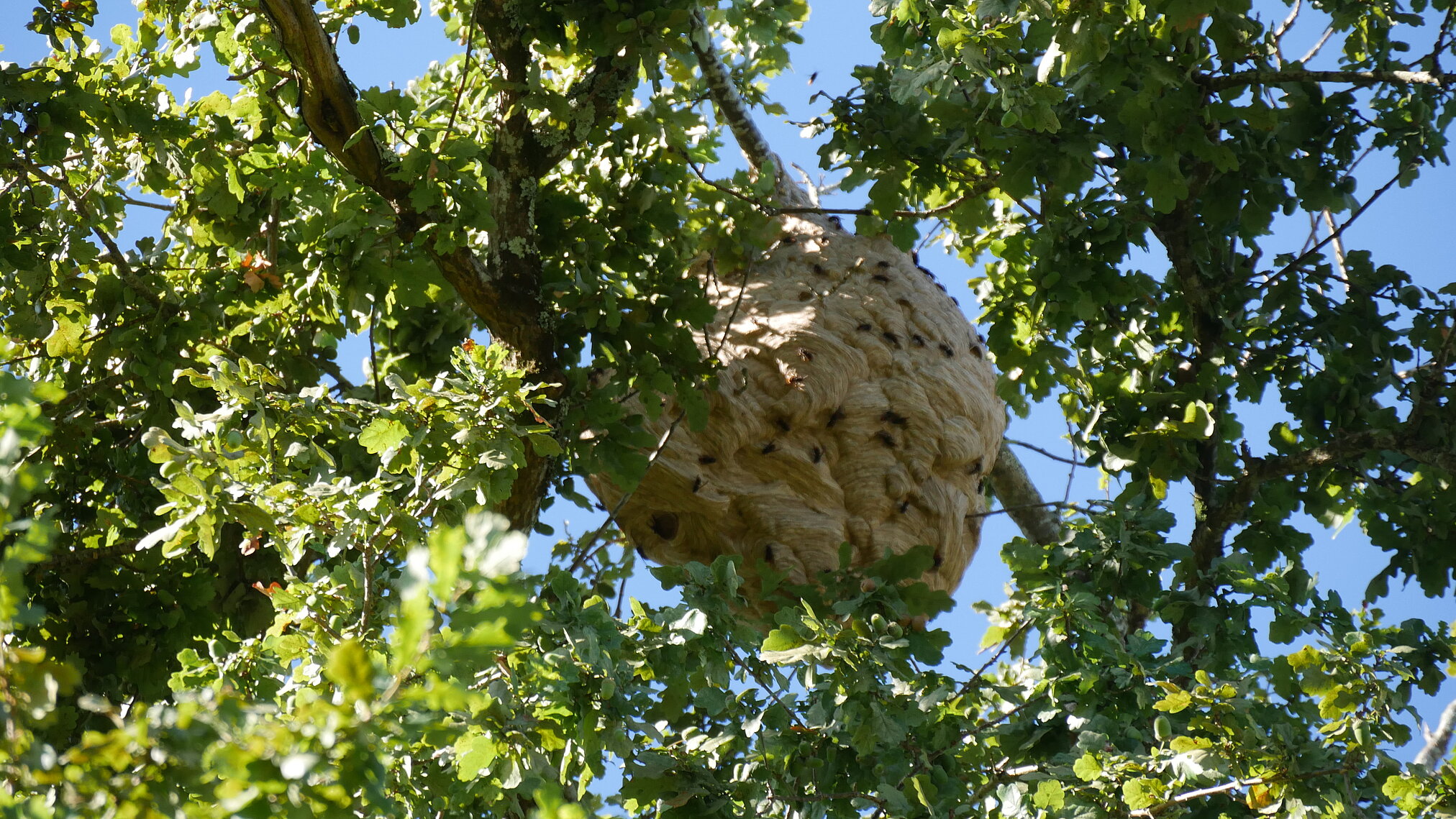European Parliament adopts controversial nature restoration law
The degradation of Europe's ecosystems has prompted Brussels to propose a comprehensive law to restore 20% of the European Union's land and sea areas by 2022.
The law has already been the subject of a provisional agreement between the Council and Parliament at the end of the trilogues, and the two institutions must now validate it before it can come into force.
This has now been done in Parliament, where a watered-down version of the law was finally adopted by MEPs at the plenary session in Strasbourg on Tuesday (27 February), with 329 MEPs voting in favour of the law and 275 against.
Nature restoration objectives with provisional suspension clauses if necessary
The European nature restoration law aims to restore species populations by improving and extending the area of their habitats.
To achieve this, specific targets have been set for pollinating insects, forest ecosystems, urban ecosystems, agricultural ecosystems, marine ecosystems and river connectivity.
For example, under the proposal, Member States will have to reverse the decline in pollinator populations by 2030 at the latest, and aim for a measured increase in pollinator populations at least every six years thereafter.
The European Union will have to take measures to revitalise at least 30% of peatlands by 2030 and 50% by 2050.
In addition, three billion more trees will have to be planted across the EU and Member States will have to restore at least 25,000 km of free-flowing rivers by 2030.
However, a clause has been included in the text to allow the targets for agricultural ecosystems to be temporarily suspended in exceptional circumstances.
This clause could be activated by the Commission when land availability is no longer sufficient to ensure agricultural production"sufficient for EU food consumption". It could extend over a period of up to 12 months.
Extracts from an article published by: https: //www.euractiv.fr/section/biodiversite/news/le-parlement-europeen-adopte-la-loi-controversee-sur-la-restauration-de-la-nature/
For more information: https: //www.europarl.europa.eu/news/fr/press-room/20240223IPR18078/le-parlement-adopte-un-reglement-pour-restaurer-20-des-terres-et-des-mers

